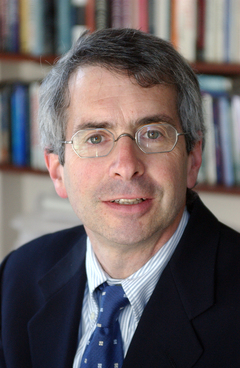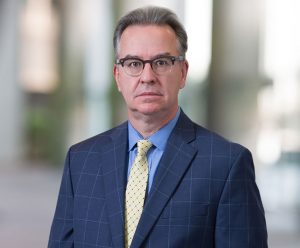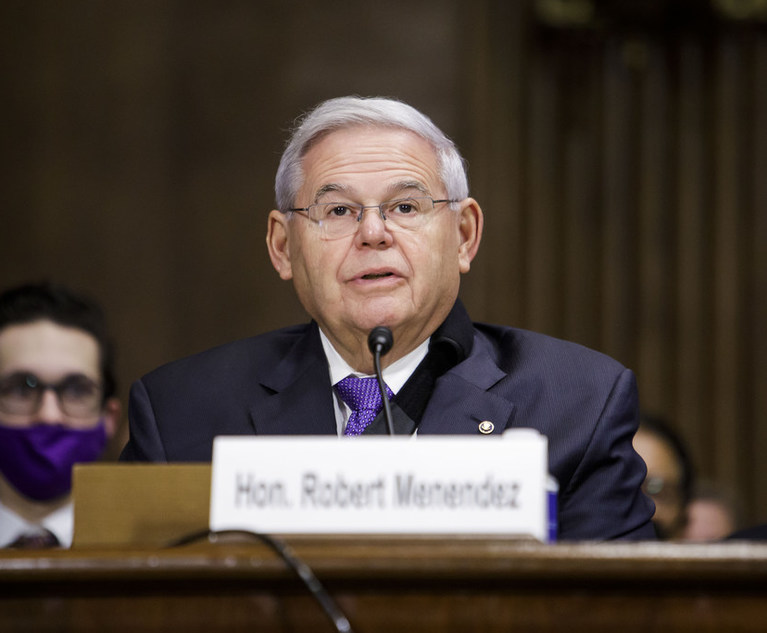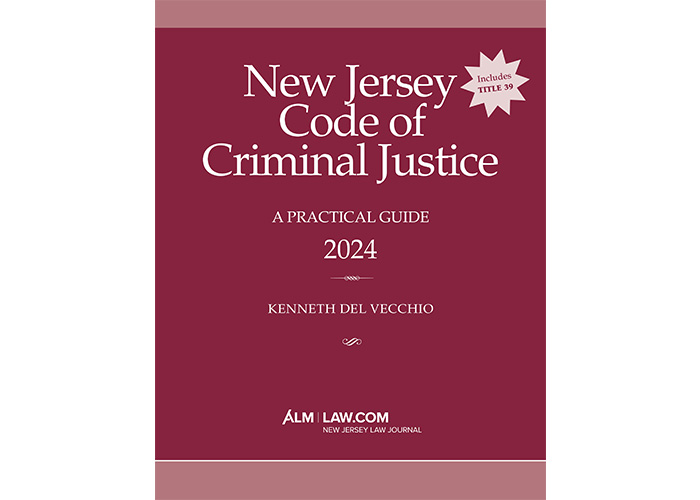Reports of a new criminal investigation involving U.S. Sen. Robert Menendez brought back memories of the senator’s 2017 trial on corruption charges. But federal prosecutors might want to forget those proceedings, since they ended in a deadlocked jury.
The prosecutors’ decision to drop the charges—rather than retry Menendez after the mistrial—was influenced by U.S. Supreme Court rulings in other cases that narrowed the definition of corruption. Those rulings, most notably McDonnell v. United States, prompted some commentators at the time to say that the justices were making it too hard to fight government corruption.
But some corruption experts said changes to the legal standard for corruption won’t unduly burden prosecutors if they bring charges against Menendez a second time.
 Richard Briffault of Columbia Law School. Courtesy photo
Richard Briffault of Columbia Law School. Courtesy photo
Under McDonnell, the court said a corruption charge must entail an official act, such as a vote, rather than merely holding a meeting or making a phone call. And the connection between the official act and the gift or item of value must be clear, legal observers said.
“There may be some cases the government doesn’t bring now because they don’t have the evidence. The Supreme Court hasn’t made it impossible, they’ve just made it tougher,” said Richard Briffault, a professor at Columbia Law School who specializes in government ethics.
“It’s tougher than it was before the McDonnell case, in the sense that [prosecutors] have to really draw that connection. There can’t just be the inference that you got something so you must have done something wrong. They have to really draw the line between the alleged bribe and the alleged benefit,” said Aidan O’Connor, a criminal defense attorney at Pashman Stein Walder Hayden and a former federal prosecutor.
‘There’s Got to Be a Bit More’
The latest Menendez investigation was first reported by a publication called Semafor, which said the broad outlines of the new inquiry are similar to the 2017 case, but involves different players. The New York Times reported that the investigation of Menendez pertains to a newly formed New Jersey company that won an exclusive appointment from Egypt to certify that meat imports into the country meet halal dietary standards.
 Aidan O’Connor of Pashman Stein Walder Hayden. Courtesy photo
Aidan O’Connor of Pashman Stein Walder Hayden. Courtesy photo
A Menendez spokeswoman did not respond to an ALM reporter’s email concerning the investigation, and did not respond to a phone message left at the senator’s Jersey City office. But in other media outlets, the senator’s adviser has acknowledged Menendez is aware of the investigation.
In the McDonnell case, the justices overturned a conviction of Virginia Gov. Robert F. McDonnell after he was found guilty of using the governor’s mansion to hold an event promoting a private company that had paid him kickbacks.
Other corruption convictions in the cases of former New York State Assembly Speaker Sheldon Silver and the former majority leader of the New York state Senate, Dean Skelos, were overturned based on the McDonnell case, Briffault said.
In the case leading to the 2017 trial, Menendez was accused of taking steps to aid the businesses of Salomon Melgen, a Florida eye doctor, while accepting luxury trips and other gifts from him. The long-running friendship between Menendez and Melgen made the criminal case more complicated, said O’Connor.
O’Connor said it was “overreaching” when the government brought a corruption case involving parties who have a long-term friendship.
“It’s really the ones that are on the edge that the government is going to have a hard time with. The ones that are clear-cut, it will still be able to bring those cases,” O’Connor said.
Going forward, bringing a case that involves an official act by a government representative is key for prosecutors, according to Briffault. But the meaning of that term is still evolving, he said.
“The theory of the case has to be that the person being charged was engaged in an official act or was planning to do an official act, but there’s got to be an official act there,” Briffault said. “I’m not sure what an official act is always going to be, frankly. Certainly, a vote or maybe signing a memorandum of understanding. Simply having meetings, simply having phone calls, simply having discussions with the person who is providing the money, that’s not enough. There’s got to be a bit more.”
NOT FOR REPRINT
© 2024 ALM Global, LLC, All Rights Reserved. Request academic re-use from www.copyright.com. All other uses, submit a request to [email protected]. For more information visit Asset & Logo Licensing.


 U.S. Sen. Robert Menendez, D-New Jersey. Photo: Diego M. Radzinschi/ALM
U.S. Sen. Robert Menendez, D-New Jersey. Photo: Diego M. Radzinschi/ALM







